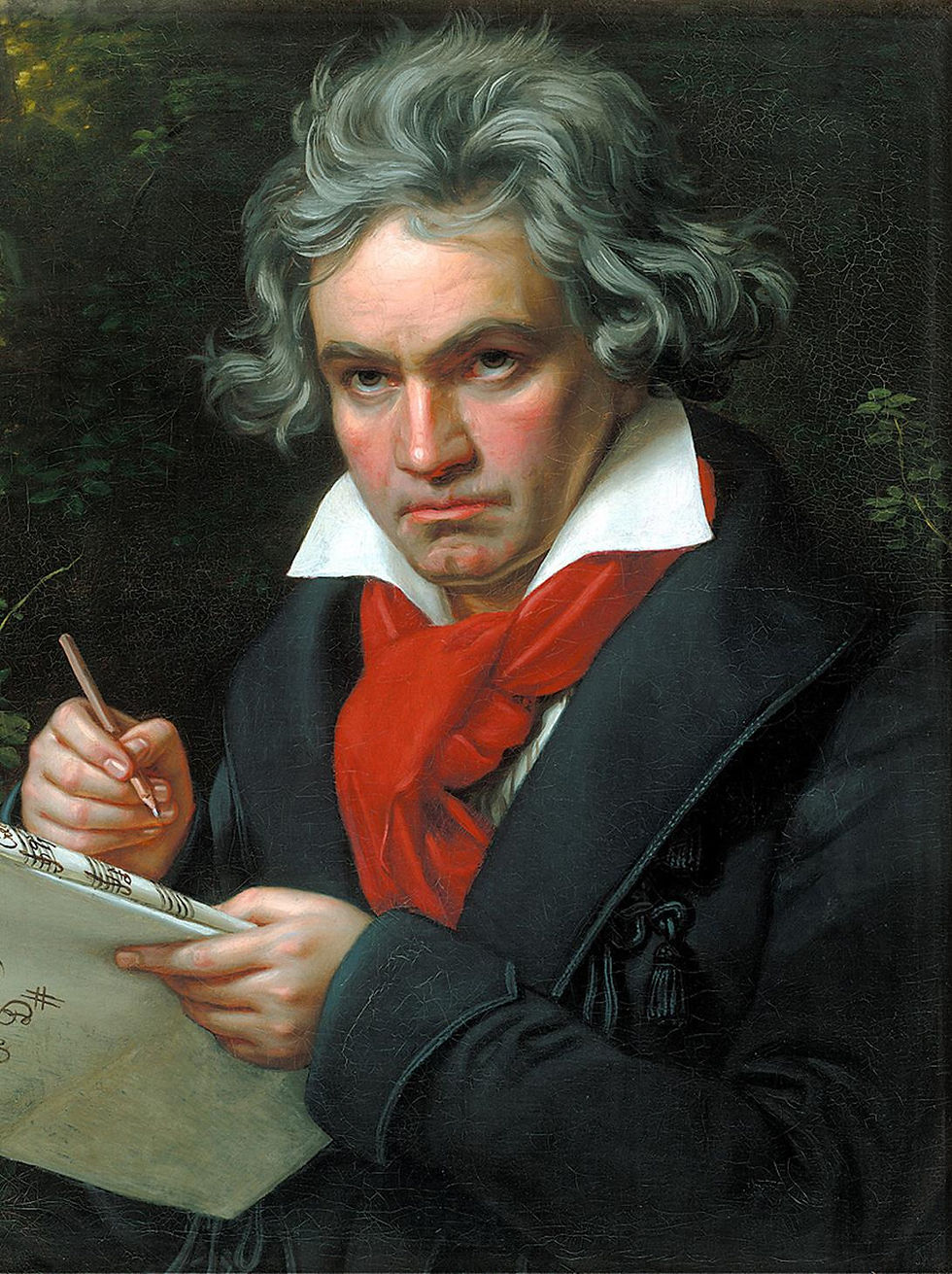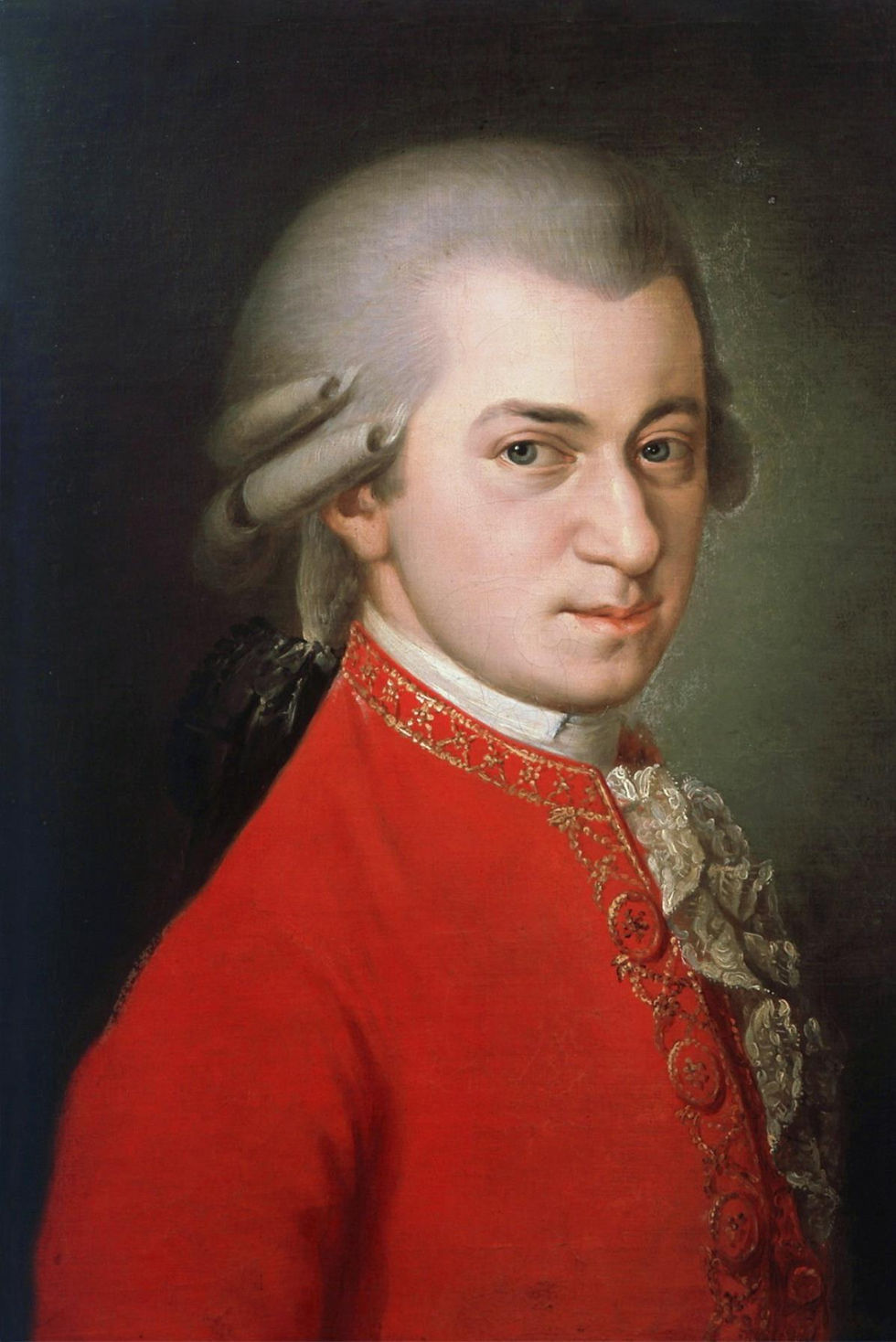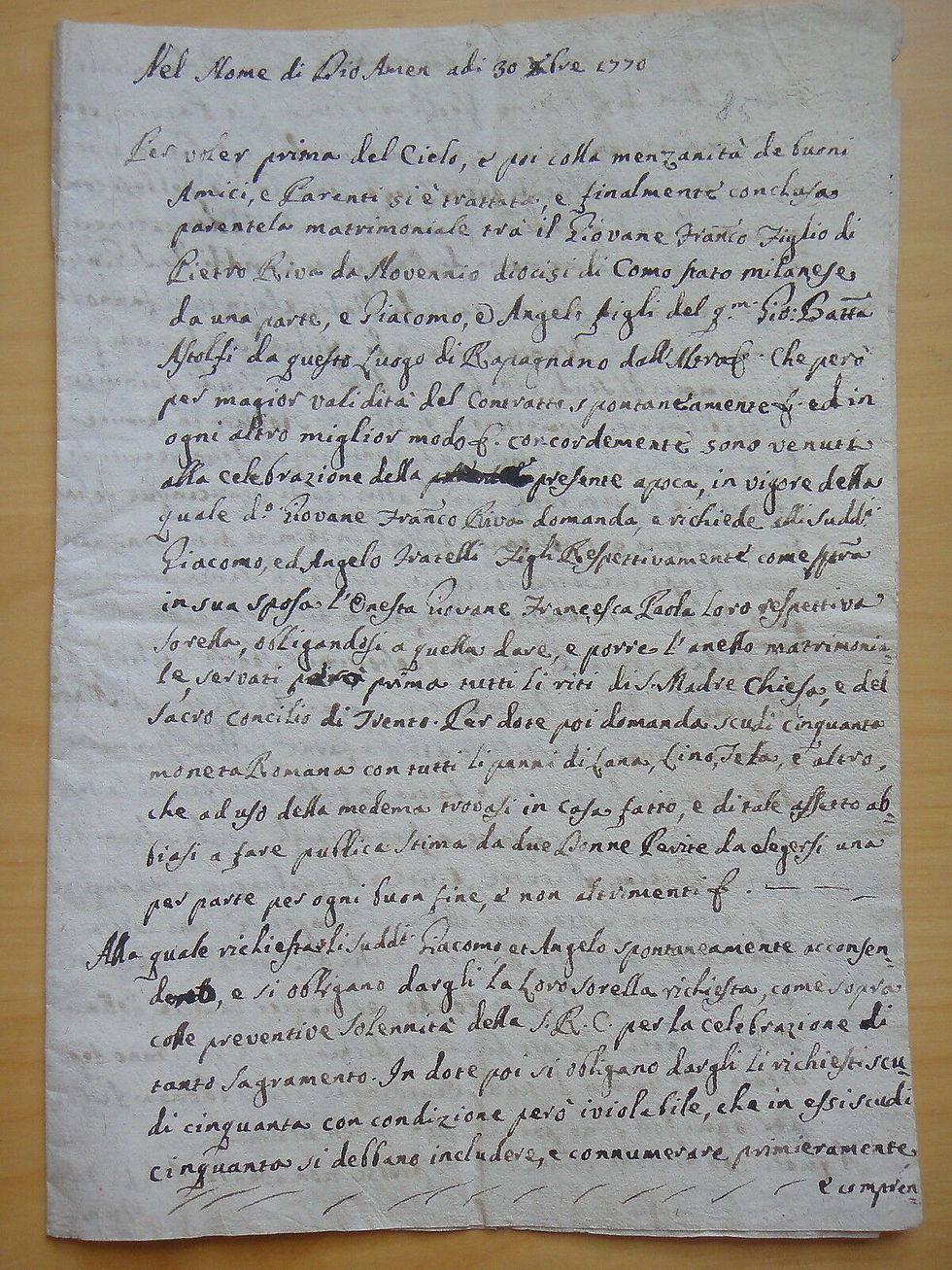Amedeo, Ludovico and ms. Francesca
- ReenactAdvisor
- 30 dic 2020
- Tempo di lettura: 4 min
Celebrating three anniversaries

Immagine reading this post while listening to the Piano Sonata in MI maior n.30 op.109 (and if you want you literally can, here's the link to the wonderful execution by Vladimir Ashkenazy).
Alright: now that you're listening to one of the best composers of all times, think that this music turns 200 years old in 2020! It was created in 1820, and it was the only one piano sonata composed in that year by Beethoven of the three he had promised to his publisher Schlesinger.

But that year was an important anniversary for beethoven as well: he turned fifty years old!
We do not know his exact day of birth, actually. He could have been born on 15th, 16th or 17th december 1770. We are sure of the city, though: the little but lively Bonn, the capital of western Germany in 20th century, but at that time was the capital of the small Electorate of Cologne.
And thus you already discovered another anniversary that should be celebrated in this unlucky year: Ludwig van Beethoven was born a quarter of a millennium ago!
He was born in a very different Europe, compared to nowadays...during his life Kings and Emperors died, wars and revolutions took place and the Old Continent was shaken by Napoleon (by the way, next year will be the 200 years anniversary of his death!).

But it is easy to find other interesting connections if you play with numbers and dates. So we in that same year, 1770, a couple of months before Beethoven's birth, another giant in music history, received a prestigious acknoledgement: on the 9th october 1770 Wolfgang Amadeus Mozart in Bologna got his diploma of Master Composer from the Filarmonic Academy. He had studied with the most famous music theorist and teacher in Europe, father Giovanni Battista Martini, who greatly appreciated his 14 years old pupil.
The manuscripts with the music composed for the exam are still in the archives of Bologna Filarmonic Academy and on display in the International Music Museum in Bologna. It is actually quite discussed if Mozart cheated at his exam!
Some analysis on the handwriting of the music manuscripts, infact, seem to indicate that when Martini understood that Mozart's work would not be suitable fo the exam, he wrote the music and let his pupil copy it to present the assignement at the exam!!! However, recent studies, have questioned this theory: so the mistery still remains!
Anyway, just to continue playing with some dates, even if Beethoven was 14 years younger than Mozart, the latter died at only 35, as we all still mourne for, and the german composer arrived in Vienna in 1792, right the year after the most famous citizen of Salzburg had died.
But this is still History with capital "H": now I'd like to tell you about another history, so small that we only know a fraction of it: it is Francesca Paola Astolfi's history, from Rapagnano, near Fermo, in Marche region, in central Italy.

I have in my collection her wedding agreement (on right), signed on the 30th December 1770.
The documentis written in a clear, even if not elegant, handwriting, and after the first usual formulas clearly states the amount of the dowry: 50 scudi "di moneta romana con tutti li panni di Lana, Lino, Seta et altro che ad uso della medesima [sposa] trovasi in casa" (of roman currency together with all her clothes woolen, linen, silken and of other materials in her house).
We do not know much more of her (we do not even know how she looked like, and the portrait below, by the 18thcentury painter Giacomo Ceruti is provided just to give an idea of clothing at that time): the wedding agreement if signoed by her brothes, so probably her father had died, and that her dowry was not a big one, but not even very small for a town that even nowadays has around 2000 inhabitants. Moreover, the brothers wanted the amount to be divided in two different payments, to be paid in the following years after the wedding, scheduled in 1771.

However, to me, this document, is not less valuable than other more prestigious ones. It is just another side of that times' life, and it allows us to know and understand what other documents about important and famous historical characters not always show: everyday life of common people.
Those were the people, artisans and workers, peasants and merchants, who allowed the great nobles of the time to have the money they spent on patronages to Mozart e Beethoven, allowing them to create their masterpieces.
So we can even say that people like Francesca contributed to the creation of the Beauty which still shines from the past. Those documents are sometimes neglcted even by academics, but almost always ignored by the public (mostly because nobody explains them!), but are part of that world from 250 years ago.
In the end, right after 250 years from her wedding agreement, we can acknoledge that Francesca has the right to be remembered as part of the world that gave us Ludwig's and Wolfgang Amadeus' creations (or, as she would have called them Ludovico and Amedeo).
Maybe tomorrow, listening to their music and dreaming about viennese palaces in candles' trembling light, we could also remember simple people like Francesca.
Thanks to all three of them, and to you all who read to this point.




Commenti